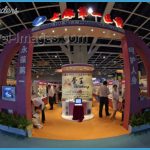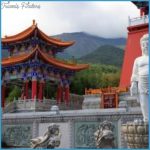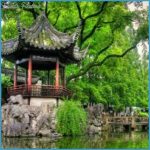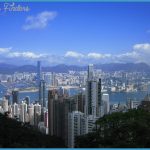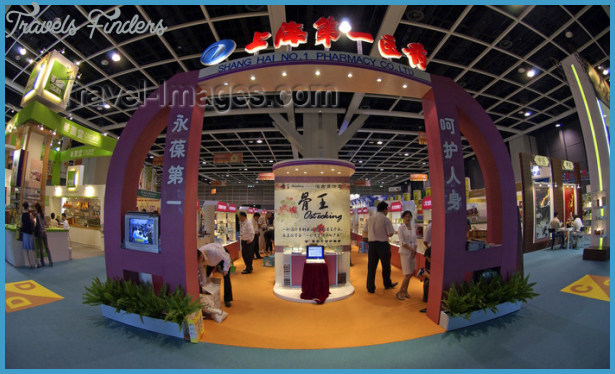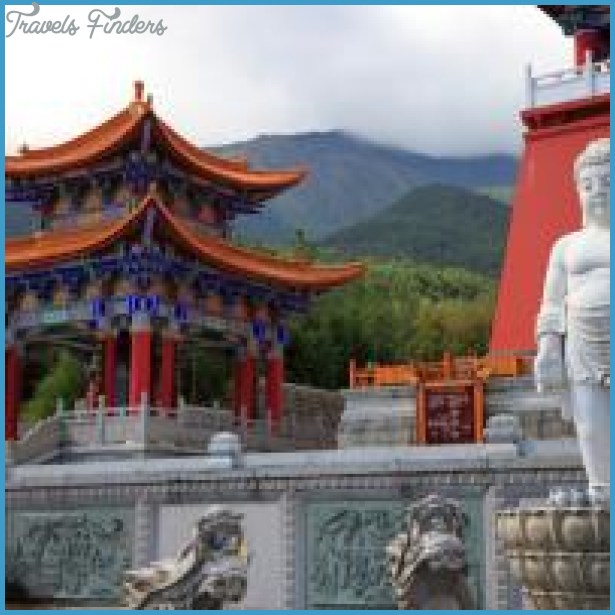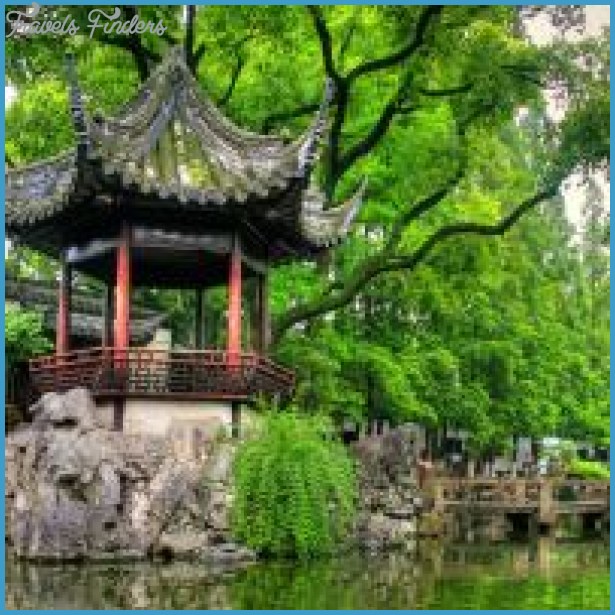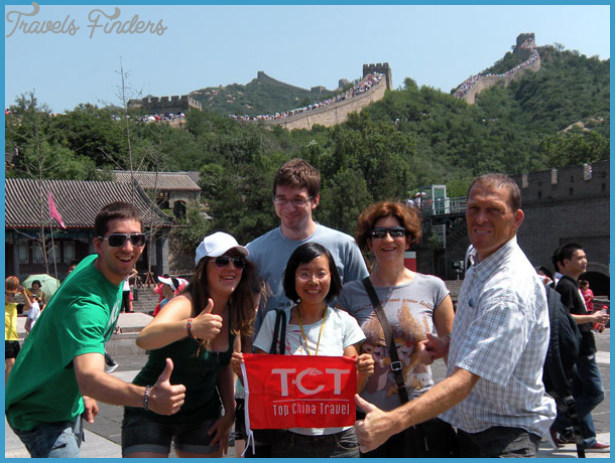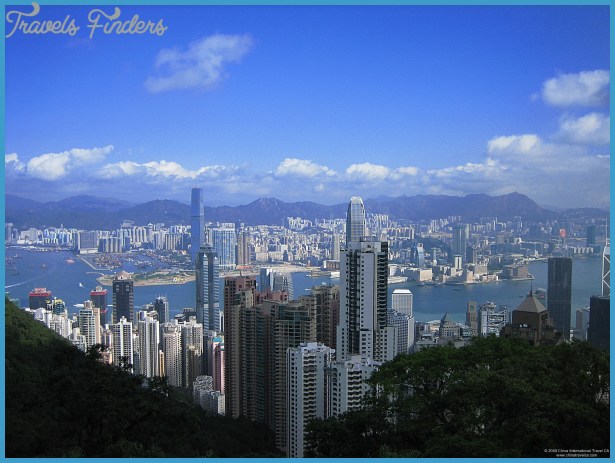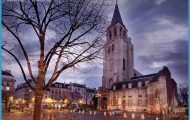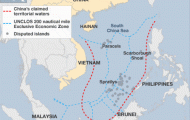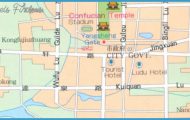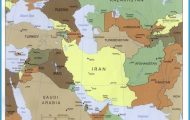Harbin is undoubtedly the country’s main centre for Chinese furs and skins. These can be bought in the Fur Product Shop on Zhongyang Lu as well as in the Friendship Store at 93 Dong Dazhi.
Famed for centuries for its high-quality porcelain which was sent abroad as well as supplying the Imperial Court, Jingdezhen today still makes porcelain and other ceramics. The porcelain museum on Fengling Lu documents the development of this very Chinese art and you can buy all kinds of modern China wares at the Jingdezhen People’s Porcelain Factory (54 Fengling Lu; tel. 44 98) and in the Jingdezhen Porcelain Friendship Store (13 Zushan Lu; tel. 22 31).
On the far north-western border of China Kashgar, with its largely Muslim Uigur minority population, is renowned for its Central Asian bazaars. The biggest one, around Id Kah Square, is a colourful jumble of stalls selling the locally made headwear (embroidered skullcaps and furlined hats), ornate knives and fleecy boots at very reasonable prices.
You would expect Kunming asthe capital of Yunnan province with its many minorities to have plenty of interesting and original wares for sale, but the city’s shops rate quite poorly on this score. The Friendship Store is at 99 Dongfeng Lu and there are other shops around here selling local crafts but it is better to look around for some of the lovely embroidery on Jinbi Lu or do a deal with the women from the minorities who sell their bags and other colourful embroidered articles near the Kunming Hotel. The pharmacy on Zhengyi Lu has a vast range of original Chinese medicines.
For the visitor stopping off in the Tibetan capital it is worth going to Baijiao Jie which is a focal point for local people here on pilgrimages, and it is possible to buy typical local products such as religious items, earrings, Tibetan boots, etc.

